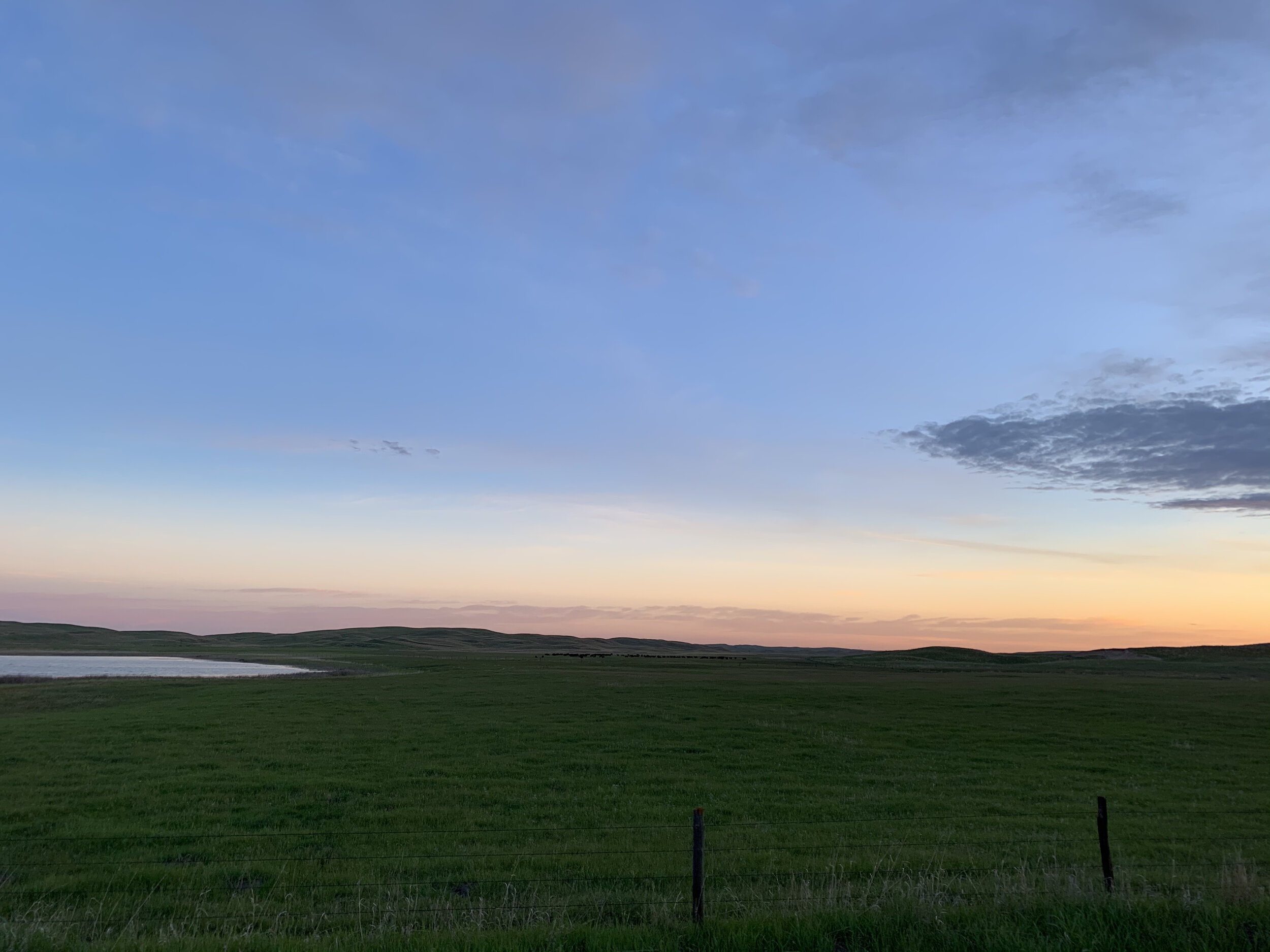The Rural Review
An online journal produced in conjunction with the Rural Reconciliation Project.
The Rural Review publishes digests of important academic contributions, program information, blog-style commentary, and periodic roundups of rural items from across academic disciplines and scholarly media.
Contributions from interested authors are welcome. Find our author guidelines here.
Roundup: August 9, 2024
A periodic collection of recent research, analysis, and other notable rural items.
Gross: Bail Reform in Rural Communities
In Pretrial Justice in Out-of-the-Way Places – Including Rural Communities in the Bail Reform Conversation, Jordan Gross (Idaho College of Law) addresses bail reform movements and advocates for the implementation of varied approaches best suited to each jurisdiction’s “constitutional limitations” as well as the individual resources of each community. The author presents a high-level view of bail reform strategies followed by a state-specific inquiry into the bail reform tools implemented by rural communities in Montana.
Gershenson & Desmond: Eviction Crisis in Rural America
In Eviction and the Rental Housing Crisis in Rural America, Carl Gershenson and Matthew Desmond (both Sociology, Princeton University) detail the demographic and economic factors relating to eviction filings in rural America using data compiled in a national database. The authors note the lack of comprehensive research on the eviction crisis facing rural Americans, as most research focuses instead on the urban eviction crisis. By offering the first comprehensive analysis of evictions in rural communities, Gershenson and Desmond identify the significant impact of racial biases and lack of affordable quality housing on rural communities.
Lintal: Shared Housing as a Solution to Rural Housing Crisis
In Shared Housing as a Missing Middle Solution for Rural Communities, Alison Lintal (Penn State Dickinson School of Law) discusses the benefits of shared housing arrangements as a potential solution to the housing crisis for rural communities facing shifting demographics. This article presents the history of shared housing in rural spaces while also addressing the legal and social obstacles to future implementation. Lintal also delves into the challenges of developing shared housing due to “arcane” zoning and regulatory restrictions. The author employs a holistic approach to address the proposed benefits, challenges, and necessity of implementing shared housing programs.
Pipa: Forging a New Compact with Overlooked America
In Toward a New Compact With Rural America, the foreword to the University of Richmond Law Review's Symposium, Overlooked America: Addressing Legal Issues in Rural United States, Anthony F. Pipa (Center for Sustainable Development, Brookings Institution) introduces the Symposium by outlining the challenges rural America faces and how public policy is the potential solution.
Roundup: July 9, 2024
A periodic collection of recent research, analysis, and other notable rural items.
Shade & Van Sant: Researching Rural Land Ownership
In Geographies of Land Ownership Change in the Rural United States: Challenges, Methods, and Possibilities, Lindsay Shade (Community and Leadership Development, University of Kentucky) and Levi Van Sant (Integrative Studies, George Mason University) outline the challenges and potential solutions to researching geographies of land ownership in rural United States. Their research draws on their experiences with a participatory action research project, the Appalachian Land Study.
Statz: How to Address Rural Access to Justice
In The Scandal of Particularity: A New Approach to Rural Attorney Shortages and Access to Justice, author Michele Statz (Minnesota Medical School/Law) discusses the challenges of fully understanding the rural attorney shortage and its impact on rural communities through interviews from those involved in the justice system in various rural and tribal communities.
Roundup: June 19, 2024
A periodic collection of recent research, analysis, and other notable rural items.







